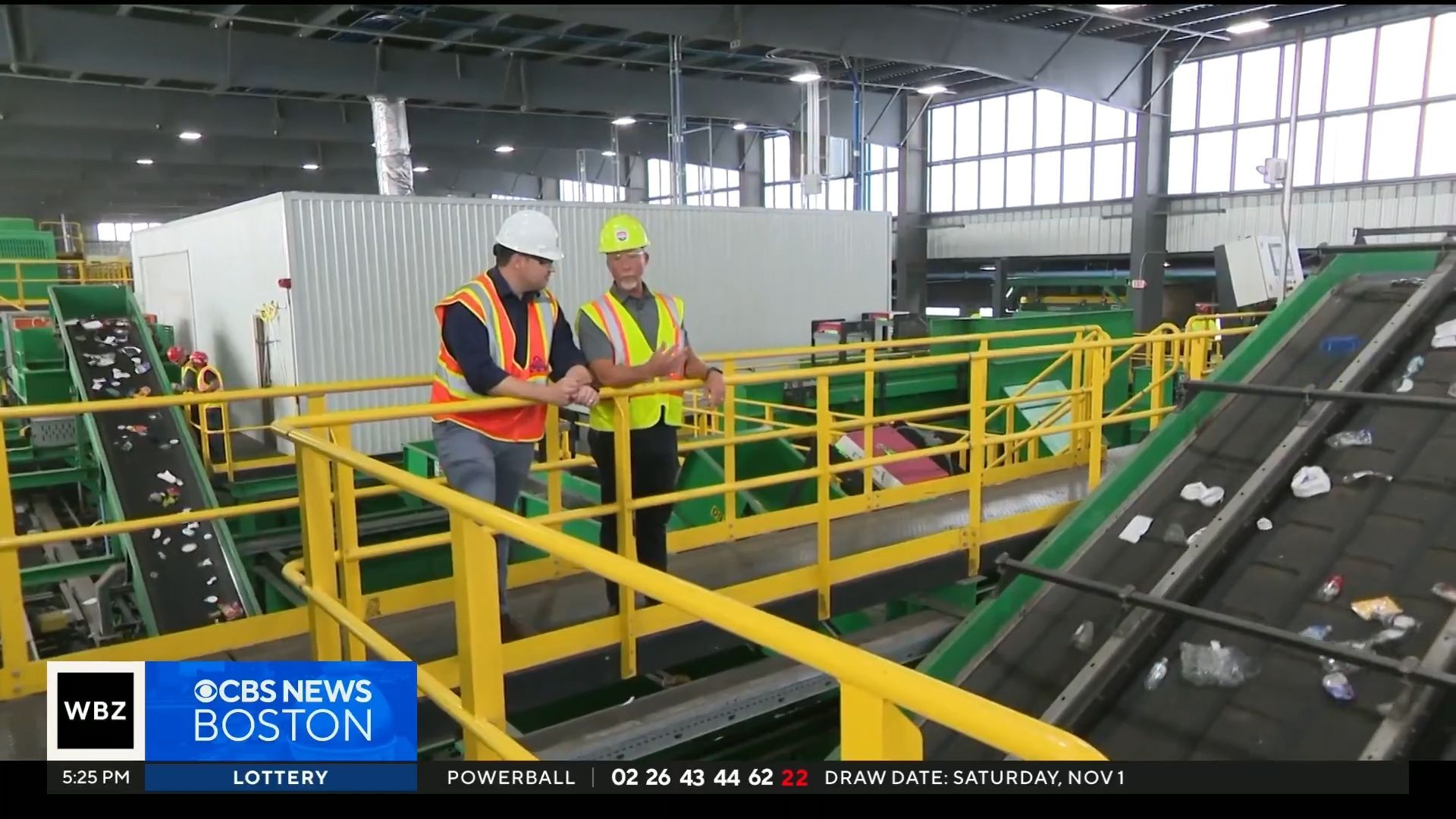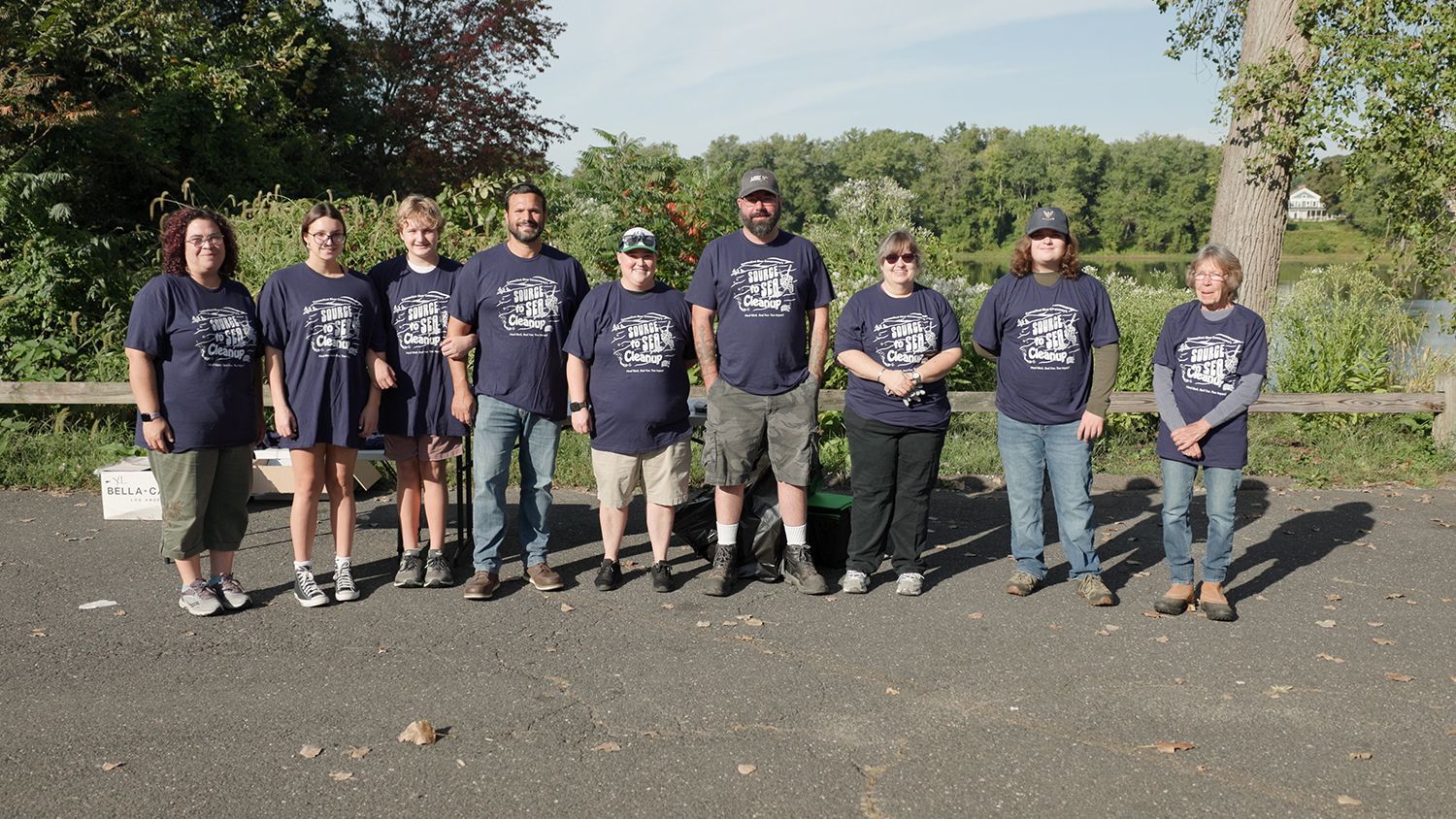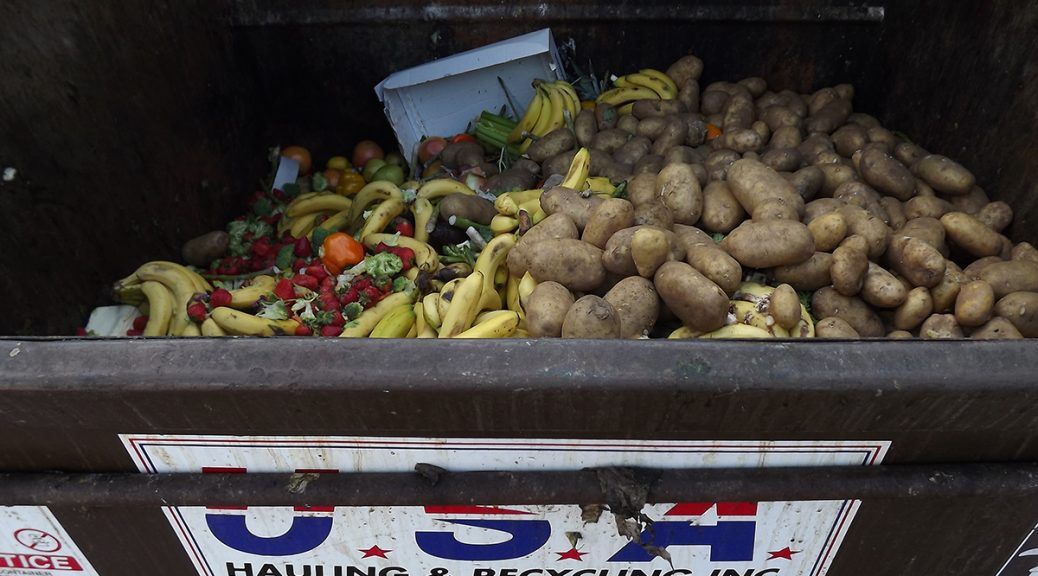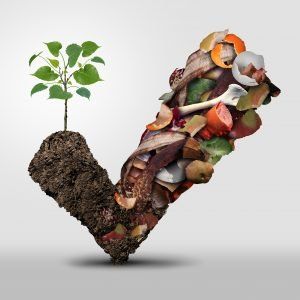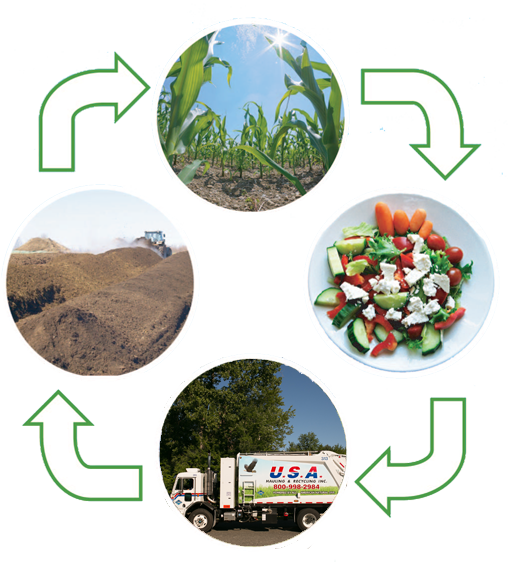COMPOSTING FOR THE LARGE GENERATOR
Are you one to be ahead of the game, or follow what others are doing?
Composting has become the next big thing! Did you know Connecticut was the first state to pass a law requiring large generators of food scraps and soiled paper to begin composting? This, in turn, creates more jobs, reduces our carbon footprint, enhances our landscapes, prevents soil erosion, and helps grow healthy crops. Organic materials should be thought of as a resource, not as waste.
Companies are beginning to learn the great benefits that can lead from the separation of compost-able material, such as reducing disposal fees at landfills and reducing their carbon foot print. Composting creates an organic fertilizer that is great for gardens, planting beds, reseeding lawns, and adding nutrients to the soil to keep plants healthier.
Supermarkets, restaurants, and 2nd hand produce stands are just a few great candidates for this service. By diverting the trash out of the waste stream will help offset the cost of composting. “About 35 million tons of food waste, plus additional organic waste such as paper, paperboard, and yard trimmings, get sent to landfills and incinerators each year in the United States.” ~USEPA, 2012 Municipal Solid Waste Characterization Report. Food is the heaviest item in most waste streams. If you are creating large quantities of food waste, composting is something for you. These materials can be placed in compactors or dumpsters and then we deliver the material to the compost facility; easy as that.
Not only is food waste an easy nominee for composting but other disposable organics include:
- soiled paper and waxed cardboard
- yard trimmings
- fats, oils, and greases
Click here to see full list of acceptable food scrap material
The compost that is created from your organics and food scraps will provide great nutrients for the soil, that then produces your plants in the farms for food.
In January 2014, CT Legislation made it official that all companies creating an average of 104 tons a year must separate the organic material from solid waste and also recycle materials at a permitted facility that is within 20 miles from the site. By 2020, the average for companies will become 52 tons per year. USA Hauling & Recycling can help you meet the Connecticut organic recycling regulations. Our goal is to provide each of our customers with their own customized approach for their waste and recycling needs. USA Hauling & Recycling is the experienced partner, having implemented food scraps and organics recycling programs for customers of all sizes and types.
For more information regarding this topic, visit: DEEP Commercial Organics Recycling Law Page
